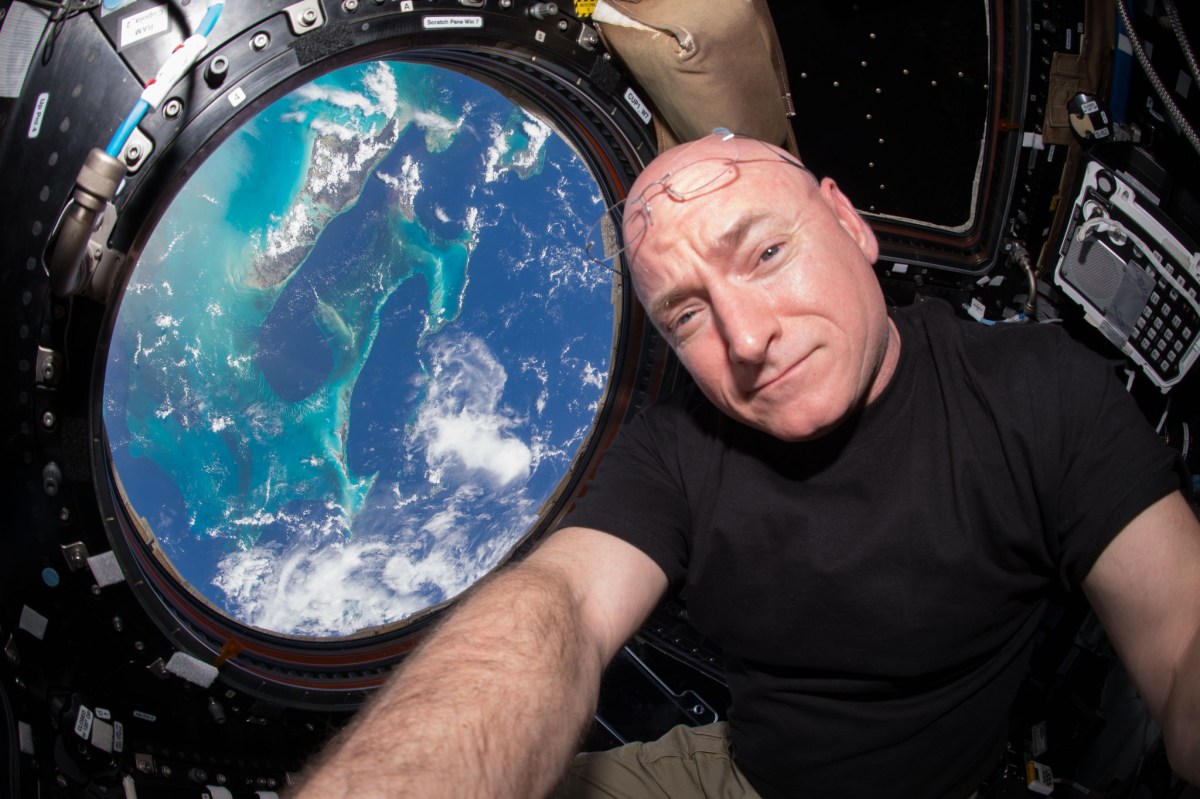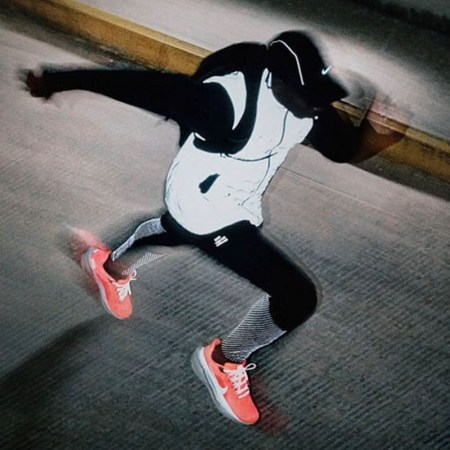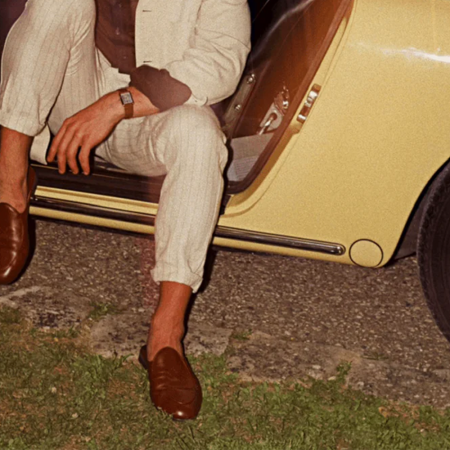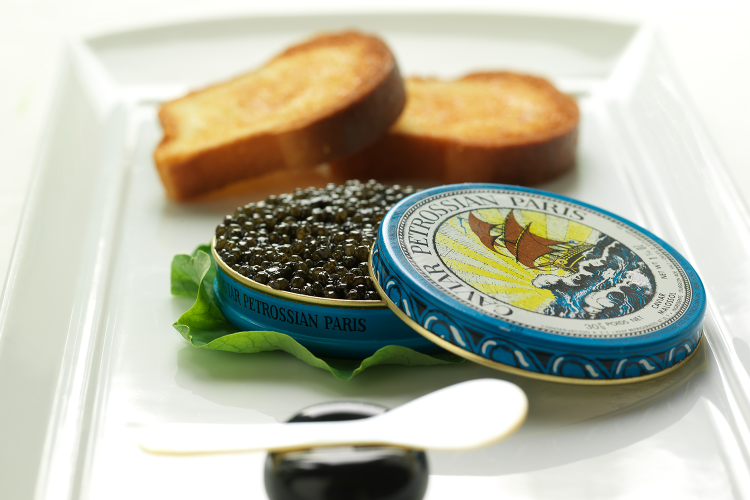Editor’s note: RealClearLife, a news and lifestyle publisher, is now a part of InsideHook. Together, we’ll be covering current events, pop culture, sports, travel, health and the world.
Like a few other astronauts, Scott Kelly spent about a year in space from 2015 to 2016; unlike other astronauts, Kelly has an identical twin.
While Kelly was serving as a test subject for researchers to learn how the body is affected by space travel, his brother, Mark, an astronaut himself, provided the study with an uncommon opportunity to monitor the two brothers as they lived in two very different environments.
The report, published Thursday in the journal Science, found that Scott experienced a number of changes that Mark did not — all of which eventually regulated and went back to his pre-space year.
The effects of space on the body are, frankly, rough. As the human body reacts to weightlessness, fluids begin to float freely and clog up the sinuses; puffing up faces. Bones, relieved of their typically heavy duties, thin out in a zero-gravity environment and muscles atrophy. Parts of the eyeball, for reasons scientists still don’t understand, become squished or swollen. And from head to toe, cells, exposed to unearthly levels of radiation, become more at risk for cancer.
But the biggest change for Scott occurred at the cellar level as his gene expressions shifted. Scientists were stunned by the changes in his mitochondrial genes, which help the body produce energy, and in his genes related to the immune system. But, more than 90 percent of these genes returned to normal when Scott came back.
“We don’t know yet if these changes are good or bad,” explained Christopher Mason, a geneticist at Weill Cornell Medicine in New York who led this part of the research. “This could just be how the body responds. But the genes are perturbed, so we want to see why and track them to see for how long.”
Thanks for reading InsideHook. Sign up for our daily newsletter and be in the know.


















